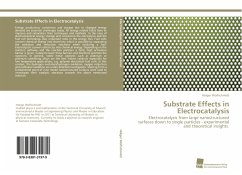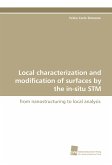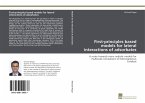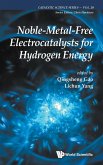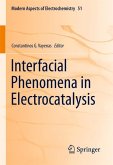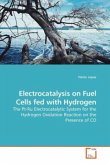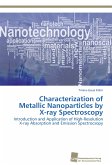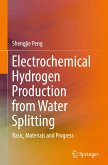Energy production, conversion and storage due to changed energy demand are essential challenges today. All energy related fields have to improve and rationalize their techniques and methods. In the case of electrochemical energy storage and conversion the electrolysis and the fuel cell technology play important roles in the energy flux. Fuel cells convert chemical energy into electricity which is possible by separating the oxidation and reduction reactions when oxidizing a fuel. Electrolyzers convert electricity into chemical energy. Depending on the reaction pathway and the reaction partners a fairly high activation barrier is given. Catalysts lower these barriers and therefore promote the reactions. In general, noble metal catalysts such as platinum or platinum containing alloys are the best known catalysts especially for low temperature applications, e.g. polymer electrolyte fuel cells. In this context, the hydrogen evolution/hydrogen oxidation, oxygen reduction and methanol oxidation are under detailed investigation. Starting from a fundamental point of view model nanostructured surfaces were used to investigate their catalytic reactions towards the above mentioned reaction.
Bitte wählen Sie Ihr Anliegen aus.
Rechnungen
Retourenschein anfordern
Bestellstatus
Storno

